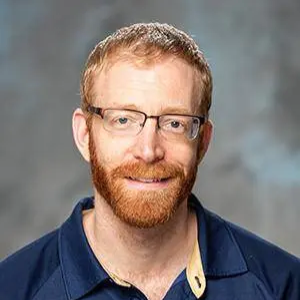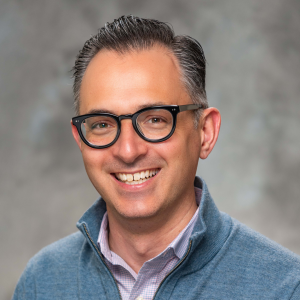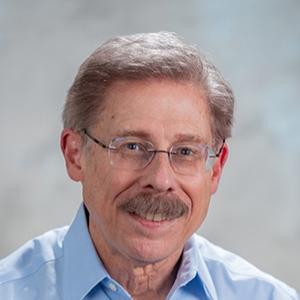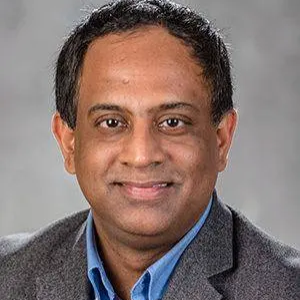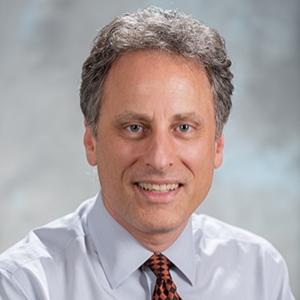Materials for membranes, sorbents, and barrier packaging applications rely upon the same fundamental principles. Thermodynamically controlled partitioning of a penetrant, such as carbon dioxide into a membrane, sorbent or barrier packaging layer is the first step in the transport process. If the material is a polymer, cooperative motions of the matrix enable diffusive motion by the penetrant. In highly rigid carbon molecular sieves and zeolites, motion of the matrix is negligible, and penetrant transport is governed by the relative size of pre-existing pores and the penetrant molecule.
Koros’s group is a leader in developing advanced materials for membranes, sorbents, and barrier applications by optimization materials to either promote or retard transport of specific components. For instance, for a chosen penetrant such as carbon dioxide, the Koros group can create a barrier, a selective membrane, or a sorbent by materials engineering. Work is also underway in the Koros group to form “mixed matrix composite” materials comprised of blends of metal organic framework or other specialty components within the matrix of a conventional polymer. This approach allows further optimization of transport properties without sacrificing the ease of processing associated with conventional polymers.
Effects due to non equilibrium thermodynamic and non-Fickian transport phenomena are additional topics his group studies. Long lived conditioning effects due to exposure of membranes and barriers to elevated concentrations of certain penetrants are typical of such non equilibrium phenomena. Protracted aging of glassy polymers, carbons, and inorganic membranes after formation or conditioning treatments also are of interest to his research group. In many cases, these effects seem to defy logic—until one realizes that an expanded set of rules governs these out-of-equilibrium materials.


